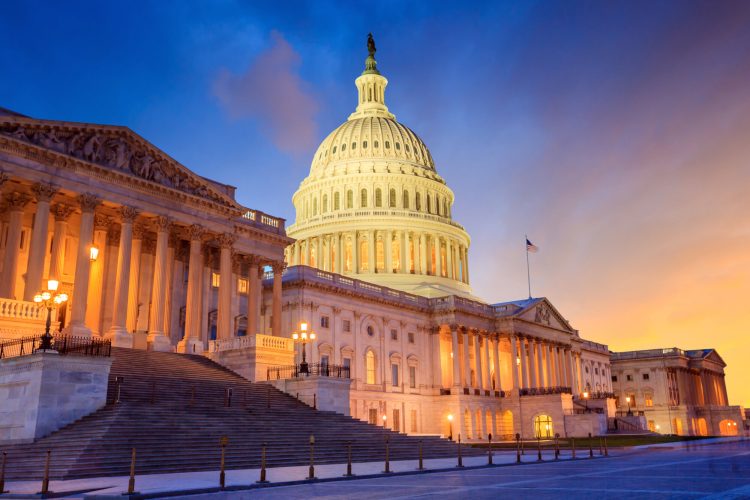This week on Facing the Future, I am reminded of the words of Willie Nelson: “Turn out the lights, the party’s over….” After 15 years of extremely low interest rates following the financial collapse of 2008 and the great recession we now have the highest inflation in 40 years. As the federal reserve institutes substantial interest rate hikes in order to blunt the rise in consumer prices, many economists are openly speculating that we may be heading into another recession.
The Concord Coalition’s chief economist Steve Robinson and policy director Tori Gorman joined me to take a look at the numbers and what actions the Fed, the Biden Administration, or Congress can take to reduce inflation and prevent a recession. Spoiler alert: at this point, not much. But Robinson says though the COVID stimulus spending of both the Trump and Biden Administrations have definitely contributed to inflation as has the war in Ukraine, ultimately the political blame-game misses the point.
“I’m a little old-school here, and at the end of the day I believe that inflation is largely a monetary phenomenon,” said Robinson. “The Fed lowered interest rates and held them at zero for an inordinate amount of time. They were just beginning to raise interest rates from zero upward and the COVID pandemic hit, and so they lowered them back down to zero again. And when you keep interest rates so low for so long, financial markets basically turn that into deposits, loans, and credit. Then there’s too much money chasing the available goods, and then of course when you have supply factors like COVID and the war, you have fewer goods. The Fed waited too long to hit the brakes on monetary policy. They should have been raising their rates and stopping their bond purchases last fall. They assumed incorrectly that the pandemic was going to be more like the financial crisis in terms of its effect on the economy, and it simply wasn’t.”
Economic stats are mixed: Unemployment remains low, and so far we have seen strong job growth this year with rising wages. Yet, inflation has risen sharply and proven to be far more persistent than the Administration and the Fed expected. The Consumer Price Index rose by 8.6% in May from the previous year, which dashed the hopes that inflation would peak in April, and led to the Fed announcing it would raise the federal funds interest rate by 0.75% – the highest single increase since 1994. The stock market has also declined 28% since the middle of February. Our Gross Domestic Product (GDP) contracted by 1.5% in the first quarter of 2022, following the very strong growth of 6.9% in the 4th quarter of 2021.
A common, but not technically correct definition of an economic recession is two consecutive quarters of GDP decline. We may be close to that now. One model used by the Atlanta Fed (GDPNow) projects GDP to be flat this quarter and prominent economists such as former Treasury Secretary Larry Summers say it looks like a recession is around the corner.
Gorman says there is a lot of pressure on Democrats in Congress and the Biden Administration to act, but not a lot of options to provide immediate relief on prices.
“When your inflation problem is a monetary phenomenon or it’s a supply shock phenomenon, there really isn’t a lot that the federal government can do, because fiscal policy largely has a demand-side impact,” said Gorman. “They’re casting about for ideas. The Biden Administration has released millions of barrels of oil from the strategic petroleum reserve in order to try and reduce energy prices. If they temporarily suspend the gas tax, that might make gasoline at the pump a little bit cheaper. But when gas is $5.50-$6.00 per gallon, $0.18 per gallon isn’t really going to make a big huge dent in the price of gasoline. They’ve talked about things like lowering the price of prescription drugs, but that would require some legislation from Congress and in order to get legislation through the Senate you need 10 Republicans to sign on with all the Democrats in the Senate.”
Hear more on Facing the Future. I host the program each week on WKXL in Concord N.H., and it is also available via podcast. Join my guests and me as we discuss issues relating to national fiscal policy with budget experts, industry leaders, and elected officials. Past broadcasts are available here. You can subscribe to the podcast on Spotify, Pandora, iTunes, Google Podcasts, Stitcher, or with an RSS feed. Follow Facing the Future on Facebook, and watch videos from past episodes on The Concord Coalition YouTube channel.
Continue Reading







